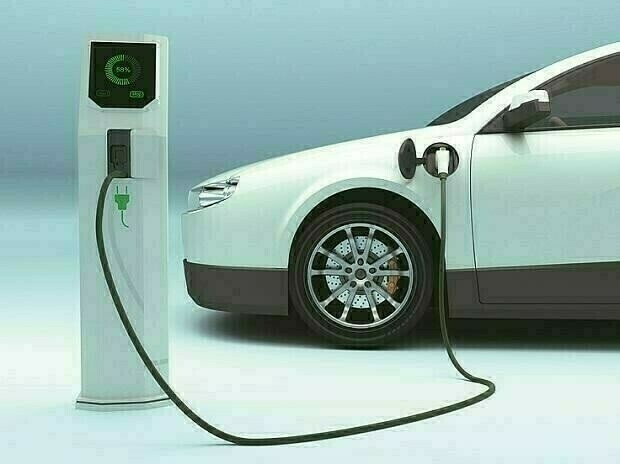By Ali Imran
ISLAMABAD: The federal government has unveiled an ambitious New Electric Vehicle Policy (NEVP) 2025–2030, aiming to accelerate Pakistan’s shift toward sustainable transport, reduce fossil fuel dependence, and curb climate-warming emissions.
The policy launched this week, sets a target for 30% of all new vehicle sales to be electric by 2030, covering cars, buses, motorcycles, and rickshaws.
The initiative is a joint effort by the Ministry of Climate Change and Environmental Coordination (MoCC&EC), the Ministry of Industries and Production, and key industry stakeholders.
Muhammad Saleem Shaikh, spokesperson for the Climate Change Ministry, told APP that the transport sector is a major contributor to air pollution and greenhouse gas emissions in Pakistan. “Transitioning to electric vehicles (EVs) is critical for a healthier, greener, and economically stable future,” he said.
Mohammad Asif Sahibzada, Director General of the MoCC&EC, highlighted that EVs produce zero tailpipe emissions, which will significantly reduce urban smog and help Pakistan meet its Paris Agreement commitments. “This shift will also lower respiratory and cardiovascular diseases, particularly benefiting children and the elderly,” he added.
The policy aims to cut Pakistan’s reliance on imported fossil fuels, shielding the economy from global oil price fluctuations. EVs are also expected to offer long-term savings for consumers through reduced fuel and maintenance costs.
Muhammad Azeem Khoso, the ministry’s Director for Urban Affairs, stressed that integrating EVs with solar and wind energy could further enhance energy security. “Local EV manufacturing, battery production, and charging infrastructure will spur innovation and create green jobs,” he said.
The government plans to incentivize EV adoption through tax breaks, subsidies, and infrastructure development, including nationwide charging stations.
“Electric vehicles are not just about transport—they are central to Pakistan’s climate action strategy,” Khoso stated. “This policy marks a decisive step toward a cleaner, more resilient future.”
With the NEVP now in effect, Pakistan joins a growing list of nations pushing for zero-emission mobility to combat climate change and urban pollution.





